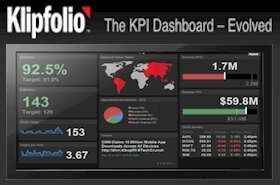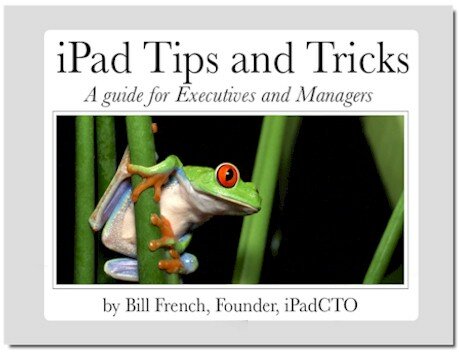In the mid 1990’s I often quipped about the Windows TEMP folder; it was a cesspool of documents scattered across every Windows PC and quite possibly possessed an estimated 60 to 80% of all corporate knowledge. At the time, the My Documents folder was kind’a new to most workers and tools such as Microsoft Office created documents in TEMP by default. Information workers would blindly, and in good faith, let Office do its thing with the save button, and that’s why lots of really useful stuff ended up being lost or deleted or both.
As ironic as it was, the idea that much of the [documented] corporate knowledge was resting in a folder named “TEMP”, paled in humor to my long re-quoted quote “Email is Where Knowledge Goes to Die“. It seams that this quote resonates with those running in knowledge management circles. I should probably rephrase that circles comment, but you know what I mean and besides, there’s an element of punning truth in that sentence. The birth of this quote is also worth a read and a few chuckles if you have time.
These observations of lost knowledge seem far more relevant than they did in the early part of the last decade. iPad, it seems is well positioned to create some serious advances in knowledge capture and quite possibly it has the chops to chip away at corporate amnesia. However, it’s just as likely to wreak havoc on enterprise KM processes. It’s a coin flip if iPad will be leveraged to its greatest knowledge-grabbing expectation, or offset these gains with the opposite outcome – thousands of mobile devices capable of creating and hiding business knowledge that should (and could) be institutionalized.
Think about it – a thousand tablets in your organization – each with its own set of office-like apps, each with a cavernous 64GB space, and each with hundreds of documents, some with many edits that no one else in the organization is aware of, and most of these business artifacts may not be synched anywhere.
This is an emerging problem – just sayin’ …






















Very thoughtful post, I enjoyed reading it. Information design is so important lately, especially as new modes of storage and transmission throw new problems on the table. I can imagine that “unowned” floater iPads will be the worst “/dev/null”ers here.
You tip a hand to smart businesses though, regular syncing, some kind of pervasive groupware is what smart organizations should do.
It is true that information that no one can find is as good as deleted.
-David
“each with it’s own set” should be:
“each with its own set”.
Thanks Patrick – that dang iOS auto-assumption-correction “feature”. ;-)
David,
… “unknown” floater iPads will be the worst …
Bingo – the rogue devices. MDM systems such as MobileIron will likely help enterprises keep this issue to a minimum, but not every organization will use advanced MDM systems. Plus, the definition of a “rogue device” must include a personally owned device that never shows up on a MDM-managed network but has implicit authority by virtue of personal ownership and an intimate relationship with a home network that also has a corporate mobile or desktop device running on it. The word “chaos” doesn’t begin to describe where all this is heading.